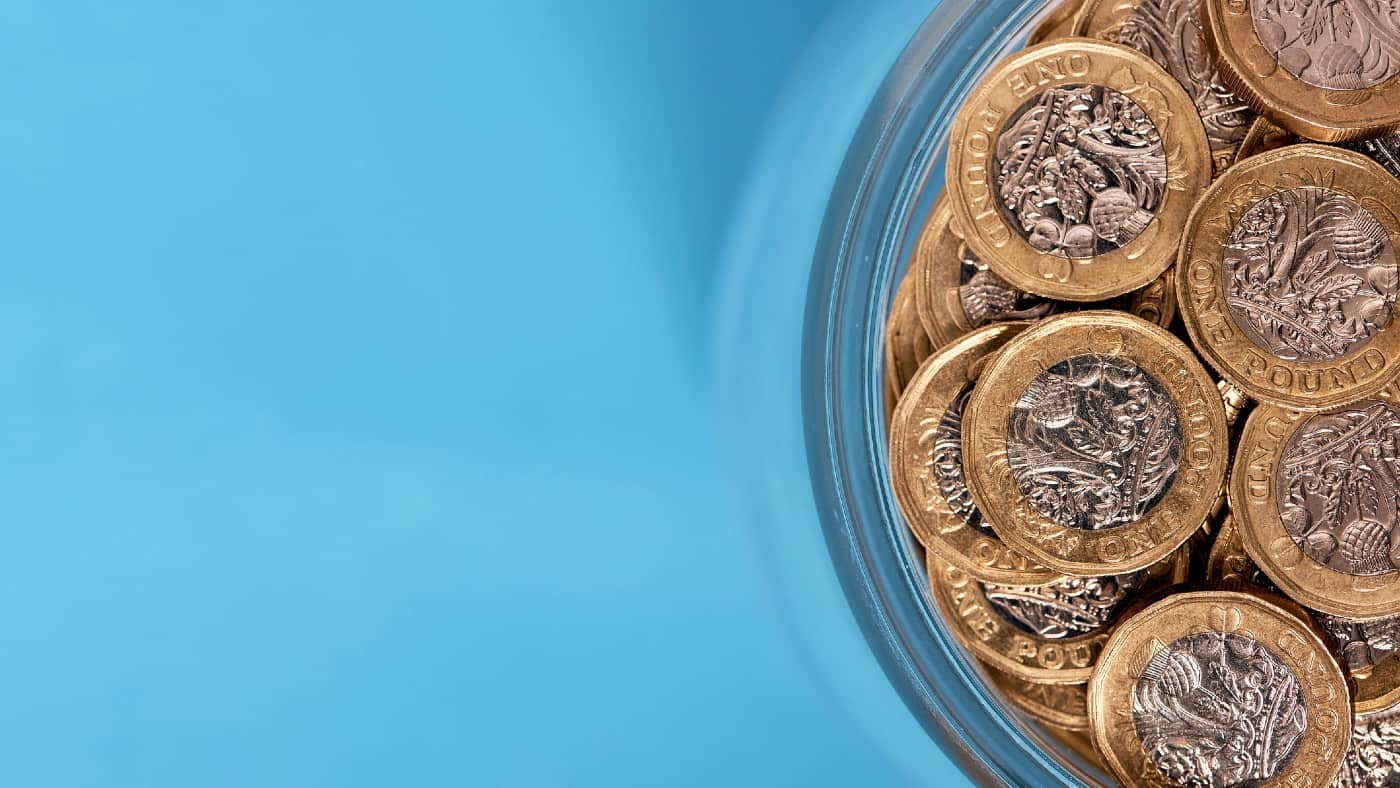I think one of the simplest ways to earn passive income is to invest in a proven company that looks likely to pay out dividends to shareholders. One of the FTSE 100 companies I hold in my shares portfolio already pays chunky dividends that could well keep growing.
If I had spare money today and wanted to target an additional four-figure annual passive income stream, I would be happy to do so by buying 4,917 of its shares.
Famous company with long history
The FTSE 100 share in question is Legal & General (LSE: LGEN).
There is a fair chance I do not need to introduce the company to any readers. That is one of its attractions to me: it already has broad awareness among potential customers.
A long history, famous logo and large customer base mean that the company is able to churn out significant profits. Last year, for example, post-tax earnings came in at £2.3bn.
But with a market capitalisation of under £14bn, the shares trade on a price-to-earnings ratio of less than six. That looks like a bargain to me.
High-yield shares
The dirt cheap valuation is not the only thing that makes this stock look attractive to me.
Right now, the annual dividend per share is 19.4p. The company announced last month that it would raise its interim dividend by around 5%, in line with its dividend policy.
If the full-year percentage increase is roughly the same, I expect the dividend for this year to come in at around 20.4p. At the current Legal & General share price, that suggests a prospective dividend yield of 8.8%.
Buying 4,917 shares now (which would set me back around £11,360) would therefore hopefully earn me around £1,000 of dividends per year.
That is, of course, if the dividend stays the same. It could be cut, as happened during the 2008 financial crisis. But it could also continue to grow, in line with the firm’s dividend policy. For now, at least, it is well supported by large cash flows.
Judging the risks
That sort of high yield is not common among blue-chip shares with the pedigree of Legal & General. It is not the only FTSE 100 company with such a yield: others including Vodafone and M&G offer even more.
But could the high yield be a warning that the dividend is in danger?
I do see risks here. For example, a market downturn could hurt investment returns, leading clients to withdraw funds. That could push profits downwards.
But over the long run, I see the company as promising. That is why I already own shares in it and, if I had spare cash, would be happy to buy more. That could help me earn extra passive income at a stroke.







